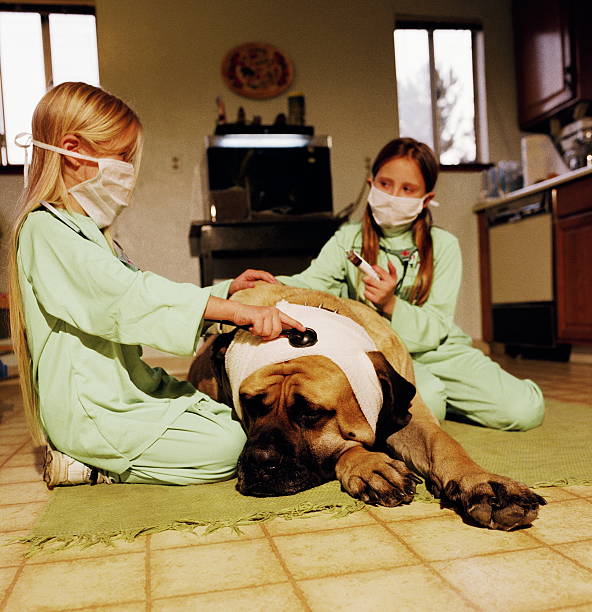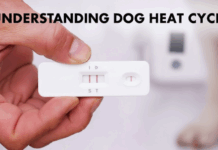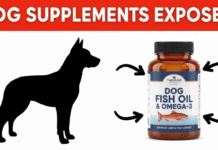Last Updated on July 29, 2024 by Dog Lover
How to Treat Mosquito Bites on Dogs: 5 Vet-Approved Options
Ah, summer! The season of fun, sunshine, and, unfortunately, mosquitoes. While we humans can swat those little bloodsuckers away, our furry friends often have to deal with the annoying itch of mosquito bites.
If you’ve noticed your pup scratching or licking at their skin, they might just be dealing with a pesky bite. But don’t worry—there are plenty of ways to help ease their discomfort.
Here’s a casual yet practical rundown of five vet-approved options to treat those annoying mosquito bites on dogs.
Treat Mosquito Bites on Dogs: 5 Vet-Approved Options
1. Cold Compress
Nothing beats a chilly relief—especially during hot summer days! A cold compress can work wonders for mosquito bites.
Just pop some ice into a zip-lock bag or grab a bag of frozen peas, wrap it in a paper towel or thin cloth, and gently apply it to the bite area for about 10-15 minutes. Keep an eye on your pup to make sure they tolerate it well.
Avoid placing ice directly on the skin, as that could cause more irritation. If you catch those mosquito bites soon after they happen, this method can help reduce swelling and itchiness almost instantly.

2. Anti-Itch Ointment for Dogs
When it comes to treating itchy mosquito bites, you can find all sorts of anti-itch ointments specifically designed for dogs.
Important reminder: steer clear of human anti-itch treatments, as they may contain ingredients harmful to your furry friend. Pet supply stores usually stock a selection of safe options, so you can easily find one that suits your dog’s needs.
If your pup has any pre-existing health issues or allergies, it’s best to give your vet a quick call before choosing a product. Better safe than sorry!

3. Baking Soda Paste
Got baking soda? You’re halfway to making a soothing remedy! Mix 1 tablespoon of baking soda with just enough water to create a paste, then apply it directly on the mosquito bite.
Let it sit for about 10 minutes (distracting your dog with a chew or a treat can be super helpful during this step!). After the time’s up, rinse the area with some warm water.
This simple mixture can provide relief by neutralizing the alkaline nature of the mosquito saliva, which helps ease the mosquito itch.

4. E-Collar
If your dog is really fixated on chewing or scratching at that bite, an E-collar might be your best friend. These collars are designed to prevent dogs from licking areas they shouldn’t be.
You could also go for a loose T-shirt to cover the bite area—just make sure it’s comfortable and won’t irritate them further.
The key here is to stop them from making the situation worse by damaging their skin, which could lead to infections.

5. Allergy Medication
Some pups might have a stronger reaction to mosquito bites than others.
If your dog is prone to allergies, talking to your vet about over-the-counter antihistamines might just be the way to go.
Medications like diphenhydramine or cetirizine can help relieve symptoms. Always consult your vet before giving your dog any medication to ensure it’s safe and appropriate for their specific needs.

When to Go to the Vet
Most cases of mosquito bites can be treated at home without veterinary intervention. However, there are rare cases where your dog needs to see a vet or receive emergency care.
The first thing to be mindful of is allergic reactions. While uncommon, some dogs can have an allergic reaction from a mosquito bite. Allergic reactions can get dangerous if your dog experiences anaphylaxis, a severe reaction which can cause extreme swelling and close up your dog’s airways. Signs of anaphylaxis include hives, swollen face or muzzle, excessive salivation, and difficulty breathing.
It’s also important to note that mosquitoes can be hosts of other diseases and parasites. Heartworms can be transmitted via mosquito bites, so make sure your dog is taking their heartworm medication regularly.
Mosquitoes are also carriers of West Nile virus. Although dogs are susceptible to infection with this virus, they are more resistant to disease than humans and it is rare that otherwise healthy dogs become ill. If your dog gets bitten in an area with cases of West Nile virus, contact your vet for advice.
Overall, if you notice any strange behaviors from your dog or see that the bite is worsening, make sure to take your dog to your vet.

Conclusion
In conclusion, while mosquito bites can be a nuisance for our beloved pooches, there are plenty of vet-approved treatments to help soothe their discomfort.
Be proactive about caring for your furry friend—you know, so they can enjoy their summer without the constant itch!
Remember, if symptoms persist or worsen, don’t hesitate to reach out to your vet for further advice.
Happy dog parenting!
FAQS
What can I give my dog for mosquito bites?
How to keep mosquitos off a dog?
How to treat insect bites on dogs at home?
Can dogs survive mosquito bites?
What can dogs eat to repel mosquitoes?
Sources:
























